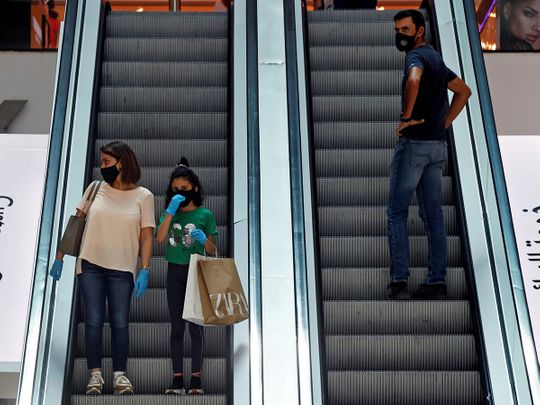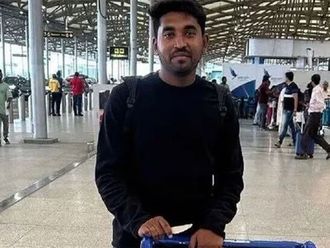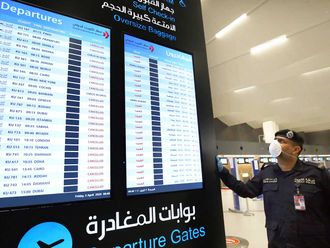
Abu Dhabi: The Jordanian government has decided to reopen mosques, churches, restaurants and cafes, starting Thursday, despite the hike in coronavirus infections, local media reported.
Jordanian Minister of State for Media Affairs, Amjad Al Adaileh, held a press conference on Wednesday, in which he said: “It has been decided that mosques, churches, restaurants and cafes will reopen from tomorrow, Thursday, within the priorities of specific conditions and requirements relating to public safety and prevention.”
Al Adaileh, who is also the official spokesperson for the government, warned citizens that “recklessness may push us to return to a complete or partial curfew.”
He said: “If we are not all able to raise the levels of commitment to prevention, we will witness a dangerous and significant acceleration in the number of infections at a rate that our health system may not be able to deal with and contain, a situation that may impose a return to implement closures and prohibitions to protect the health of society.”
On Wednesday, Jordan registered a record daily tally of 1,776 cases, after it was recording very few numbers just a month ago. One infection was recorded on August 6.
Mohammad Al Khalayleh Minister of Endowments, Religious Affairs and Islamic Sanctities, , said: “All worshipers will be asked to bring their own prayer mats to the mosque, wear a mask, and maintain physical distancing, and any mosque which witnesses infections will be closed.”
Minister of Tourism and Antiquities, Majd Shweikeh, confirmed the reopening of popular and tourist restaurants “with a capacity not exceeding 50 per cent and keeping tables two metres apart from each other, provided that the number of people at one table does not exceed 10.”
As of Wednesday evening, Jordan recorded 11,825 confirmed cases of coronavirus and 61 deaths, according to Health Minister Saad Jaber.
Al Adaileh said: “Prime Minister Omar Al Razzaz issued orders to increase penalties for anyone who violates the health rules imposed by the competent authorities.”
He added: “The penalties amount to a fine of at least 500 dinars (Dh2,590), and not more than 1,000 dinars if the violation is for the first time, and with imprisonment for a period not exceeding one year, or a fine of not less than 1,000 dinars, but does not exceed 3,000 dinars, or with both in case of repetition.”
Minister of Education, Tayseer Al Nuaimi, said:“Students in grades four to eleven will continue to learn electronically for an additional two weeks, until October 16.”
Minister of Higher Education and Scientific Research, Mohieddin Touq, spoke of “applying new teaching principles in the first semester of the current academic year.”
He pointed out that the new instructions for bachelors and intermediate diploma students in community colleges are “teaching all the compulsory and optional requirements of the university and college to students remotely, while courses that require laboratories, workshops, practical or physical applications will be taught on campus with firm health and safety measure.”
“As for students of faculties of medicine and dentistry, they will be taught on campus in the usual way,” he added.








